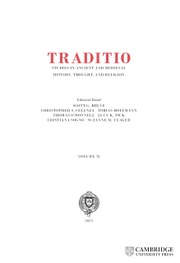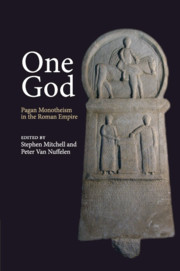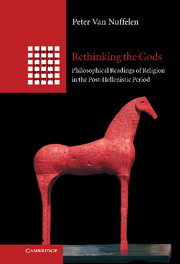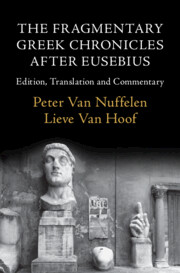Historiography and Space in Late Antiquity
The Roman Empire traditionally presented itself as the centre of the world, a view sustained by ancient education and conveyed in imperial literature. Historiography in particular tended to be written from an empire-centred perspective. In Late Antiquity, however, that attitude was challenged by the fragmentation of the empire. This book explores how a post-imperial representation of space emerges in the historiography of that period. Minds adapted slowly, long ignoring Constantinople as the new capital and still finding counter-worlds at the edges of the world. Even in Christian literature, often thought of as introducing a new conception of space, the empire continued to influence geographies. Political changes and theological ideas, however, helped to imagine a transferral of empire away from Rome and to substitute ecclesiastical for imperial space. By the end of Late Antiquity, Rome was just one of many centres of the world.
- Provides the first book on the representation of space in late ancient historiography
- Explores how the 'fall of Rome' and the fragmentation of its empire changed historians' understanding of the world
- Includes case studies drawn from Greek, Latin, Syriac and Armenian histories
Reviews & endorsements
'… the contributions are first-rate essays, sure to benefit any student who reads them … Overall, this is a worthwhile collection.' J. A. S. Evans, Choice
'Without a doubt, each study in this volume presents a piece of fine scholarship in itself, even though some certainly carry more weight or offer more food for thought than the others. In that regard, this is a welcome collection.' Hrvoje Gračanin, Bryn Mawr Classical Review
'… these individual yet (loosely) related studies offer us different approaches and methodologies to explore a rich and diverse number of texts and authors, some familiar and some less well-known, and to raise questions and to illuminate another aspect of the late antique world.' Fiona K. Haarer, Histos
Product details
No date availableHardback
9781108481281
226 pages
235 × 159 × 15 mm
0.48kg
2 b/w illus. 1 table
Table of Contents
- List of contributors
- Acknowledgements
- Introduction: from imperial to post-imperial space in Late Ancient historiography Peter Van Nuffelen
- 1. Constantinople's belated hegemony Anthony Kaldellis
- 2. Beside the rim of the ocean: the edges of the world in fifth- and sixth- century historiography Peter Van Nuffelen
- 3. Armenian space in Late Antiquity Tim Greenwood
- 4. Narrative and space in Christian chronography: John of Biclaro on East, West, and orthodoxy Mark Humphries
- 5. The Roman Empire in John of Ephesus' Church history: being Roman, writing Syriac Hartmut Leppin
- 6. Changing geographies: West Syrian ecclesiastical historiography, AD 700–850 Philip Wood
- 7. Where is Syriac Pilgrimage literature in Late Antiquity? Exploring the absence of a genre Scott Johnson
- Bibliography
- Index.

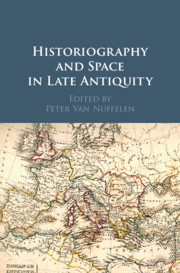
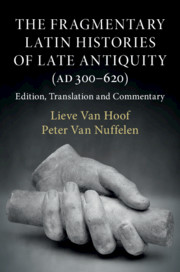

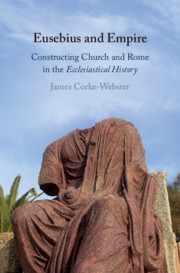
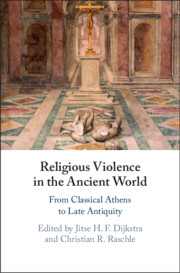


.jpg)
.jpg)
